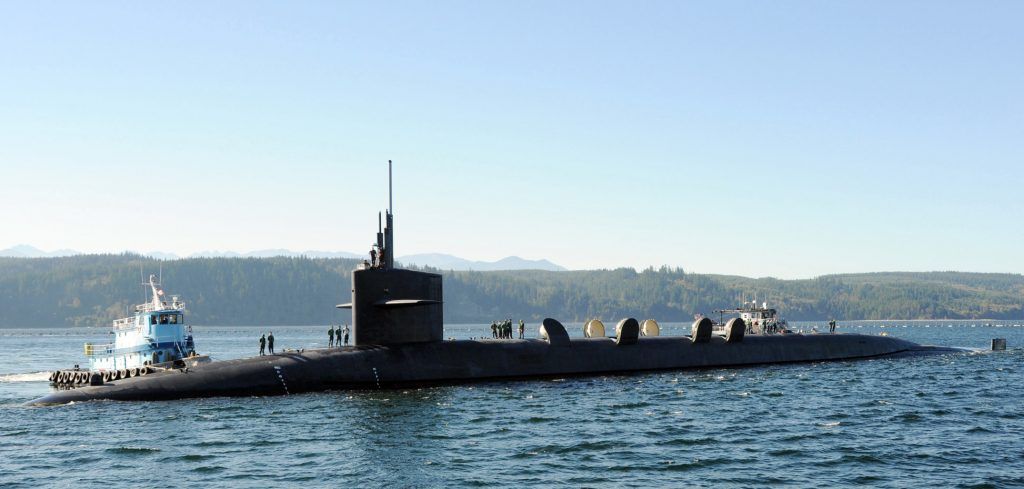Invisible nuclear-armed submarines, or transparent oceans? Are ballistic missile submarines still the best deterrent for the United States?
By Owen R. Cote | January 2, 2019
 The USS Alabama, a US ballistic submarine. Credit: US Navy via Wikimedia Commons.
The USS Alabama, a US ballistic submarine. Credit: US Navy via Wikimedia Commons.
The service lives of the US Navy’s 14 Ohio-class nuclear-powered, ballistic nuclear missile submarines (SSBNs), which make up the undersea leg of the country’s nuclear triad, are coming to an end while their replacements, the new Columbia-class subs, undergo research and development. This new SSBN is expected to cost about $128 billion to develop, leading critics to ask whether these investments make sense for a naval future where, because of advances in sensing technology, submarines may be harder to hide. Their point is a valid one to raise. But the question of whether submarines are getting harder to hide depends very much on whose submarines you’re talking about, who’s hunting them, and where. To some degree, undersea geography is destiny, when it comes to hiding and finding nuclear submarines.
Together, we make the world safer.
The Bulletin elevates expert voices above the noise. But as an independent nonprofit organization, our operations depend on the support of readers like you. Help us continue to deliver quality journalism that holds leaders accountable. Your support of our work at any level is important. In return, we promise our coverage will be understandable, influential, vigilant, solution-oriented, and fair-minded. Together we can make a difference.














